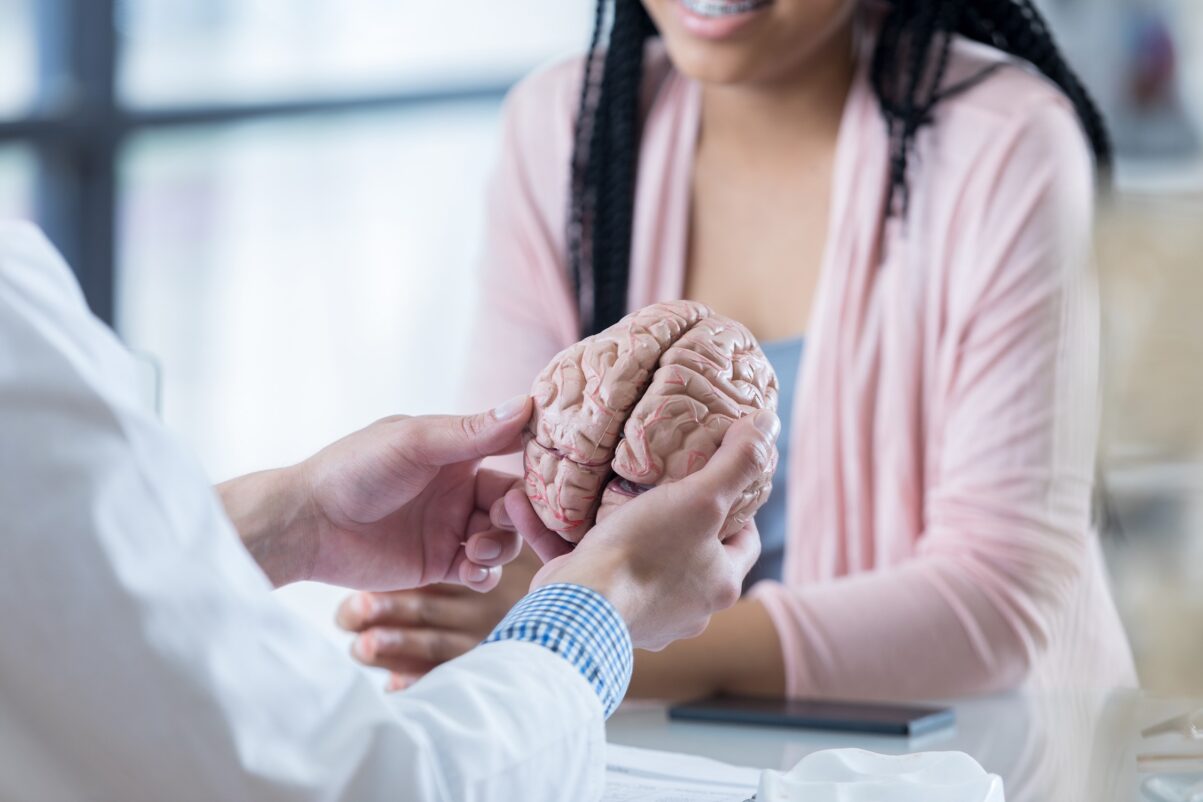Since 2014, the UMC Utrecht Brain Center has awarded the Rudolf Magnus Young Talent Fellowship to support young researchers in advancing their careers. The fellowship helps junior researchers develop strong, recognizable research profiles, set up interdisciplinary collaborations, and become more competitive in their career stages. Initially given as individual grants, the fellowship has been awarded to research pairs since 2019. Starting in 2024, the fellowship will be transformed into boost grants, supporting a larger number of researchers to generate pilot data for larger follow-up grants.
“The fellowship has provided me with many opportunities for follow-up research projects and has helped me to build a strong international collaborative network.”
Matthijs Biesbroek – Fellowship 2018
“For me, the fellowship has undeniably been a period of substantial growth and collaboration, and has not only advanced my career, but also contributed significantly to the psychiatric research community and holds promising prospects for future clinical applications.”
Edwin van Dellen – Fellowship 2019
“The fellowship has provided us with a unique opportunity to develop our own independent research lines for which our fundamental and clinical neuro-oncology collaboration forms the basis. With our project we were able to initiate new collaborations, which allows us to expand our research lines.”
Emma van Bodegraven & Sharon Berendsen – Fellowship 2020
2023
2022
2020
2019
2018
2017
2016
2014
